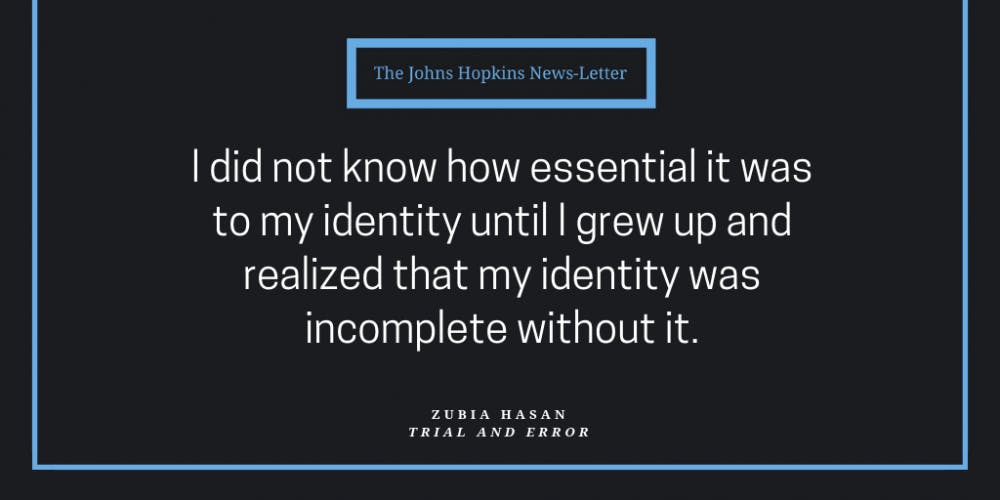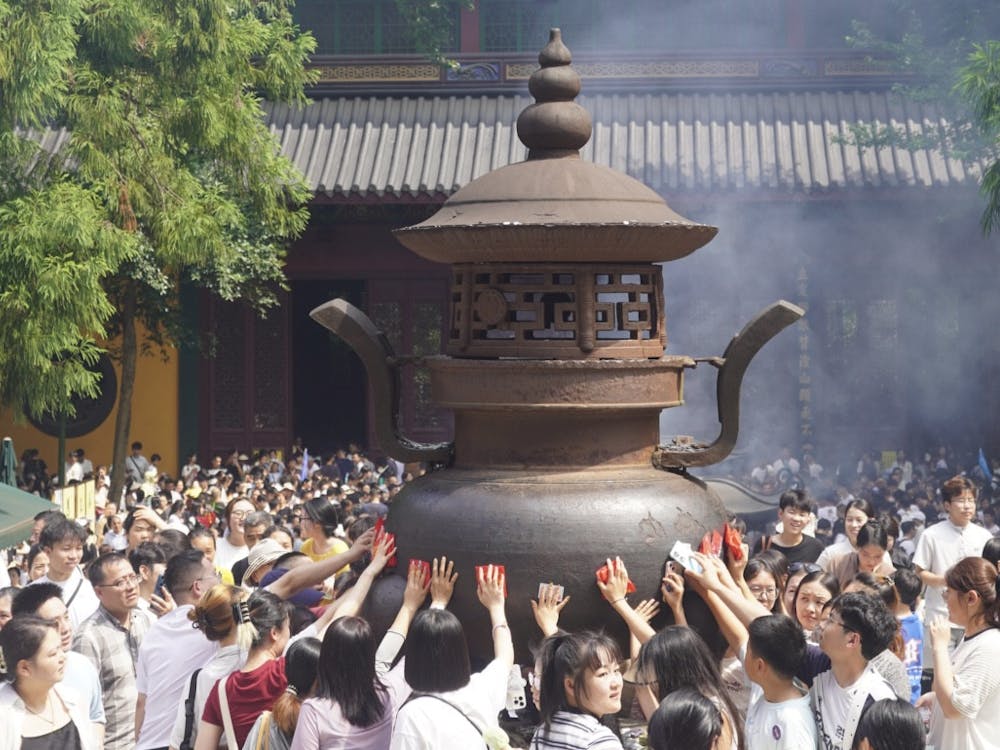
I cannot understand Urdu literature. I cannot read Urdu poems. And I feel like a part of me has been taken from me. Urdu is the language of love, the language of the sufis, the language of the poets and now the language that has been snatched from me because of my colonized history.
I never understood how important a language was in keeping that connection between you and your culture. I did not know how essential it was to my identity until I grew up and realized that my identity was incomplete without it. When I was younger, Urdu was considered the poor man’s tongue in Karachi.
Fortunately I was one of those “poor” people, so I still spoke fluent conversational Urdu. Come middle school and my admission into a more elite school, Urdu became a second language. Everybody spoke in English. My schooling, my subjects, my history was taught to me in the language of the colonizers, and we, the colonized, submitted to this global need and dominance for English. Urdu class was taken as a joke. In fact, our entire school registered for the Urdu British Council Exams (the Advanced Placement equivalent) as a second language, because it was a second language — the language in which you spoke to maids and servants. English — more props to you if you had correct pronunciation and maybe even an American accent — was what we chose to speak within our family and amongst friends.
Now I read Ghalib’s verses and feel nothing. Now I listen to Qawwalis and I cannot feel my soul rise. I cannot feel the words wash over me and settle in my heart like stones in water. I cannot feel the melodic waves of Urdu poetry caress my mind. That’s what Urdu is — it is a language meant to convey emotion.
Did you know that Urdu has three different words for love? “Muhabbat,” “ishq” and “pyar” are three different words with three different nuances for what English summarizes in one word. Urdu is excess, Urdu is the romantic’s language, the expressive language. Just listen to a line from one of my favorite Urdu songs: “Hers is the beauty of scented moonlight, hers is the beauty of a haunted melody.” Believe me, it sounds even better in Urdu.
Urdu has always had a penchant for the dramatic, so much so that some phrases which sound utterly ridiculous in English sound perfectly normal in Urdu. Take the word “jaan.” It literally means “my life,” and this is a term that you usually reserve for children or your significant other or even your friend. It’s absurd in English, but perfectly acceptable in Urdu.
And that’s where the beauty of Urdu lies. In its drama, in its melody, in its sweetness, in its emotiveness. Urdu’s relationship with Islam cannot be denied either. Many love sonnets to God have been composed in this language — Urdu is synonymous with spirituality. It is as sensual as it is spiritual.
Take the song “Afreen afreen” for example: In it the man talks extensively about the girl’s beauty (respectfully, might I add, not like SOME American songs I know). “Her face is the artist’s thoughts and its translation, her face is a dream and a realisation, her face is some magical tale, her face is both certainty and superposition,” and ends with, “It is impossible to eloquently praise her” with a cadence of “Praise to her creator! Praise to her creator.” And the cadence in itself is beautiful, just a short “afreen” conveys in two syllables what English translation does in six.
I think in English now, and it is heartbreaking. Now and then I will come across a feeling that can only be described in Urdu and my mind will search an empty space for some lost vocabulary that I now no longer possess. I wish Hopkins would offer an Urdu course, I wish I could read the literature of my ancestors and I wish I could write literature and poetry in Urdu as I do in English. It would sound so much better in my own language.
Sometimes I slip up in America and I can't find the right English word. And sometimes Urdu slips out. And sometimes my accent is heavily tinted with the lilt that only Urdu speakers have. When these “slip-ups” happen, people stare at me because they find it weird, and I find myself scrambling to cover up my thick accent. I no longer wish to. It is a reminder of my language. It is a reminder that I now live in the diaspora. It is a reminder that I belong to the language of poets and sufis. And no one, no British colonizer from the 1900s, can snatch that from me.





